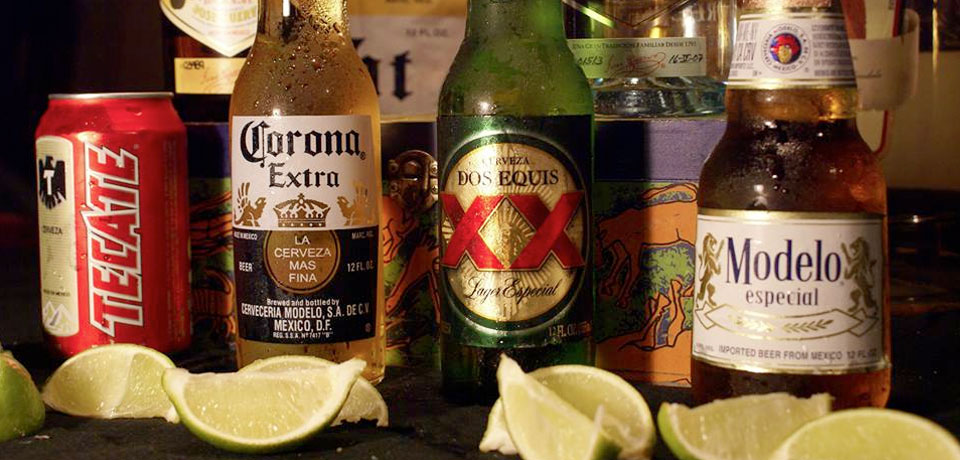For decades now, Jeff Chang has been a student of the complex and interconnected issues of race, class and inequality in America. It only took him two books and subsequent book tours to realize that he was uniquely qualified to say something meaningful on the subject. And what he has to say isn’t exactly heartening.
A DJ, hip-hop aficionado and cultural reporter, Chang has written two books on the history and aesthetics of hip-hop. And in the process he has come to the conclusion that the multicultural vision of America presented by the mainstream media is utterly at odds with reality. Rather than moving inexorably toward racial equality, Chang argues that the United States has been slipping backward of late, falling into a pattern of growing inequality.
It is precisely this topic that Chang addresses in his latest book, Who We Be: The Colorization of America, which he will be reading from and discussing this Thursday at MACLA (Movimiento de Arte y Cultura Latino Americana) in San Jose.
Born and raised in Hawaii, Chang moved to the mainland to attend UC Berkeley, where he earned a bachelor’s degree in Asian American studies. Along the way, he took any chance he had to be involved in hip-hop and hip-hop culture. He picked up DJing at Cal, where he hosted radio shows at both Berkeley and UC Davis, and befriended the likes of DJ Shadow and Blackalicious’ DJ/producer, Chief Xcel.
Chang also discovered his passion for writing about music and culture while at Cal. Though he initially pursued a career in the music industry—helping to found Solesides Records—he left the business after about five years and jumped back into writing. He’s since landed bylines in some of the nation’s largest cultural and music publications, including the Mother Jones, Spin and Vibe. He has written two books, including Can’t Stop, Won’t Stop: A History of the Hip-Hop Generation and Total Chaos: The Art and Aesthetics of Hip-Hop. He is currently Stanford’s executive director for diversity in the arts.
In his new book, Who We Be, Chang explores the racial divisions in America, how people react to such inequalities, and what has changed in the overall racial environment over the last few decades.
He says his inspiration came during the book tour for Can’t Stop. During that time Chang recalls observing eerie similarities between the racial and culture wars growing in America and what he witnessed during the late ’80s and early ’90s, when he was a student at Berkeley.
As the hip-hop movement grew, so did the blowback. “I was in the first freshman class at UC Berkeley to be ‘majority-minority,’” Chang says, “and at that time, the implications were scaring a lot of people”—specifically political conservatives, interested in maintaining the status quo.
In the process of writing Who We Be—in the time leading up to and during the first election of Barack Obama—Chang says he saw an undeniable shift in the way race was being discussed in America. “Everybody was kind of caught up in the moment, but at the same time there was this backlash that began to form again, and the same kind of arguments from the ’80s and ’90s started coming back—with a vengeance.”
What Chang had initially envisioned as a somewhat triumphant examination of the progressive march toward equality, turned into a sobering reflection on how little progress has actually been made. He says that recent incidents, such as the shootings in Ferguson, and the killing of Trayvon Martin have only served to underscore his assertion that whites and minorities live in two separate realities when it comes to their respective beliefs on what has been accomplished in the arena of racial equality.
Chang says the mainstream media is largely responsible for this tragic paradox. “The sort of multicultural ideal is what we’re seeing on TV now,” Chang says. However, at the same time the media is projecting this image, those ideals don’t match the radically divisive way people see what has been accomplished in overcoming inequality and racism. Chang and his book ask the question: “What do need to get to that conversation when we don’t think we need to have it?”
As for the future of America’s racial relations, Chang is hopeful but not particularly optimistic about the situation. “I do think we are at a turning point right now where we have to try to come together and have these discussions about inequality and inequity again,” he says. “As long as we can’t, we will see a hijacking of the discourse, and we will remained confused.”

 Review: Top Gluten-free Beers in a Blind Taste Test
Review: Top Gluten-free Beers in a Blind Taste Test  The Trims Guide to San Jose
The Trims Guide to San Jose 








